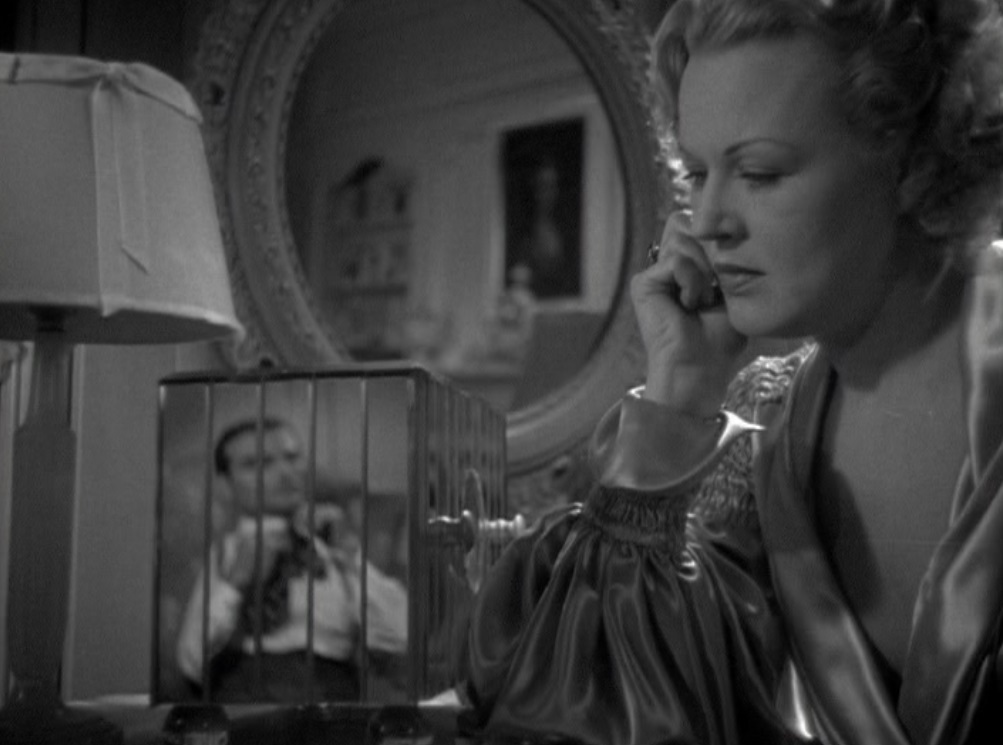German Émigré Filmmakers and Classic Hollywood
About the Event
After the Nazi party took power in 1933, thousands of those endangered by their racist policies fled Germany. The film industry was decimated: scholars estimate that more than 2000 directors, actors, and others active in filmmaking left Germany. How they navigated exile and shaped their careers after emigration differed widely. In this compelling webinar, Dr. Cynthia D. Porter (The Ohio State University) and Dr. Anjeana K. Hans (Wellesley College) discussed two examples of the impact émigré filmmakers had on Hollywood film. Dr. Porter considered how works by Fritz Lang engaged directly with American politics and addressed themes such as transnational politics of race, mob justice, and film’s role in society. Dr. Hans examined Henry Koster’s films, which were superficially apolitical and escapist, yet shaped Hollywood genre in a way that was fundamentally influenced by his experience as a filmmaker in Germany and Austria.
About the Speakers
 Cynthia D. Porter is an Assistant Professor of German at The Ohio State University, holding a joint degree in German and Comparative Media Analysis and Practice from Vanderbilt University. Her research is rooted in Cross-Media Studies and focuses on the depiction of the body in German canonized literature and film, political negotiations and interventions featured in body modification practices, the presentation of German history and heritage in popular American film, and experiences of the African diaspora in a German cultural and historical context.
Cynthia D. Porter is an Assistant Professor of German at The Ohio State University, holding a joint degree in German and Comparative Media Analysis and Practice from Vanderbilt University. Her research is rooted in Cross-Media Studies and focuses on the depiction of the body in German canonized literature and film, political negotiations and interventions featured in body modification practices, the presentation of German history and heritage in popular American film, and experiences of the African diaspora in a German cultural and historical context.
 Anjeana K. Hans is Professor of German Studies and affiliated faculty in Cinema and Media Studies at Wellesley College. Her work focuses on early silent film and on German and Austrian film of the 1930s. Her publications include work on gender in Weimar cinema (Gender and the Uncanny in Films of the Weimar Republic, Wayne State UP, 2014), on the ways in which cultural anxieties and fascinations play into the 1923 silent film Warning Shadows (Warning Shadows, Camden House, 2021), and on independent films in Austria (“‘Komisch ist die Welt, wie ein Traum:’ Franziska Gaal’s Verwechslungskomödien and the Exile’s Crisis of Identity,” in Rethinking Jewishness in Weimar Film, eds. Barbara Hales and Valerie Weinstein, Berghahn Books, 2021). She is currently working on a study of these independent films, focusing on the ways in which they engage with the experience of exile and expulsion through narrative and aesthetic.
Anjeana K. Hans is Professor of German Studies and affiliated faculty in Cinema and Media Studies at Wellesley College. Her work focuses on early silent film and on German and Austrian film of the 1930s. Her publications include work on gender in Weimar cinema (Gender and the Uncanny in Films of the Weimar Republic, Wayne State UP, 2014), on the ways in which cultural anxieties and fascinations play into the 1923 silent film Warning Shadows (Warning Shadows, Camden House, 2021), and on independent films in Austria (“‘Komisch ist die Welt, wie ein Traum:’ Franziska Gaal’s Verwechslungskomödien and the Exile’s Crisis of Identity,” in Rethinking Jewishness in Weimar Film, eds. Barbara Hales and Valerie Weinstein, Berghahn Books, 2021). She is currently working on a study of these independent films, focusing on the ways in which they engage with the experience of exile and expulsion through narrative and aesthetic.
